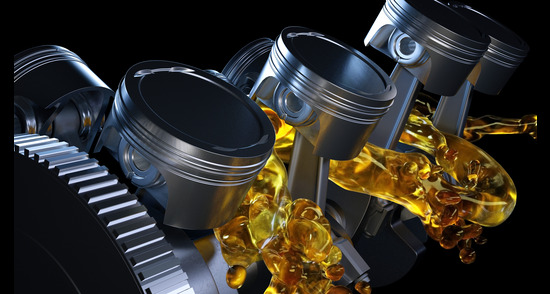Your car’s engine, the heart that keeps it running smoothly, deserves the best care and attention. And when it comes to preserving its health, choosing the right oil filter is paramount. Amidst the vast ocean of options, finding the perfect match might seem like a daunting task. But fear not! In this guide, we’ll navigate through the intricacies of oil filters, uncovering the secrets to finding the ideal one for your beloved vehicle. Buckle up and let’s dive into the world of oil filters together!
The Anatomy of an Oil Filter:
To understand how to choose the right oil filter, it’s essential to familiarize yourself with its basic components and functions. Let’s take a closer look at the key elements that make up an oil filter:
Canister: This cylindrical shell holds the filter’s internal components securely.
Filter Media: Nestled inside the canister, the filter media is the heart of the oil filter. It captures contaminants, such as dirt, debris, and metal particles, preventing them from circulating in the engine.
Anti-Drain Back Valve: This nifty feature prevents oil from draining out of the filter when the engine is off. It ensures that the engine receives immediate lubrication during startup, reducing wear and tear.
Relief Valve: Designed to safeguard against excessive oil pressure, the relief valve opens to allow oil to bypass the filter if it becomes clogged. This prevents oil starvation and engine damage.
Gasket: The gasket creates a tight seal between the filter and the engine block, preventing oil leaks.
Decoding the Specifications:
Oil filters come in a variety of shapes and sizes, and deciphering their specifications is crucial to finding the perfect fit. Here are the key specifications to consider:
Thread Size: This measurement determines the filter’s compatibility with your car’s engine. Ensure the filter’s threads match those of the engine’s oil filter housing.
Filter Type: Different types of filters, such as spin-on, cartridge, or magnetic, cater to specific engine needs. Determine the type that suits your vehicle’s requirements.
Micron Rating: The micron rating indicates the filter’s effectiveness in capturing contaminants of a particular size. A lower micron rating signifies better filtration, but it’s essential to strike a balance to avoid restricting oil flow excessively.
Consult the Owner’s Manual:
Your car’s owner’s manual is a treasure trove of information when it comes to maintenance. Refer to it to find valuable insights about the recommended oil filter specifications for your specific make and model. The manufacturer’s recommendations should be your primary guide in selecting the right oil filter.
Quality Matters:
When it comes to protecting your car’s engine, quality should never be compromised. Invest in a reputable brand known for manufacturing reliable and durable oil filters. Here’s why quality matters:
Superior Filtration: High-quality filters employ advanced filtration media that effectively capture even the tiniest particles, ensuring optimal engine protection.
Longevity: A well-constructed oil filter will last longer, reducing the frequency of replacements and saving you money in the long run.
Engine Performance: Quality filters help maintain proper oil flow and pressure, allowing your engine to perform at its best.
Compatibility Check: Before making a final decision, double-check the compatibility of the oil filter you’ve selected. Cross-reference the filter’s specifications with your car’s requirements to ensure a perfect match. An ill-fitting filter can result in leaks or inadequate filtration, compromising your engine’s well-being.
Conclusion:
Selecting the right oil filter for your car is an act of love towards your vehicle’s engine. By understanding the anatomy, specifications, and quality factors, you can navigate the market with confidence. Remember to consult your owner’s manual, prioritize quality, and confirm compatibility before making your purchase. With these guidelines in mind, you’re now equipped to embark on the journey of finding the perfect oil filter match for your car’s heartbeat. Keep your engine running smoothly, and enjoy the road ahead with peace of mind!



